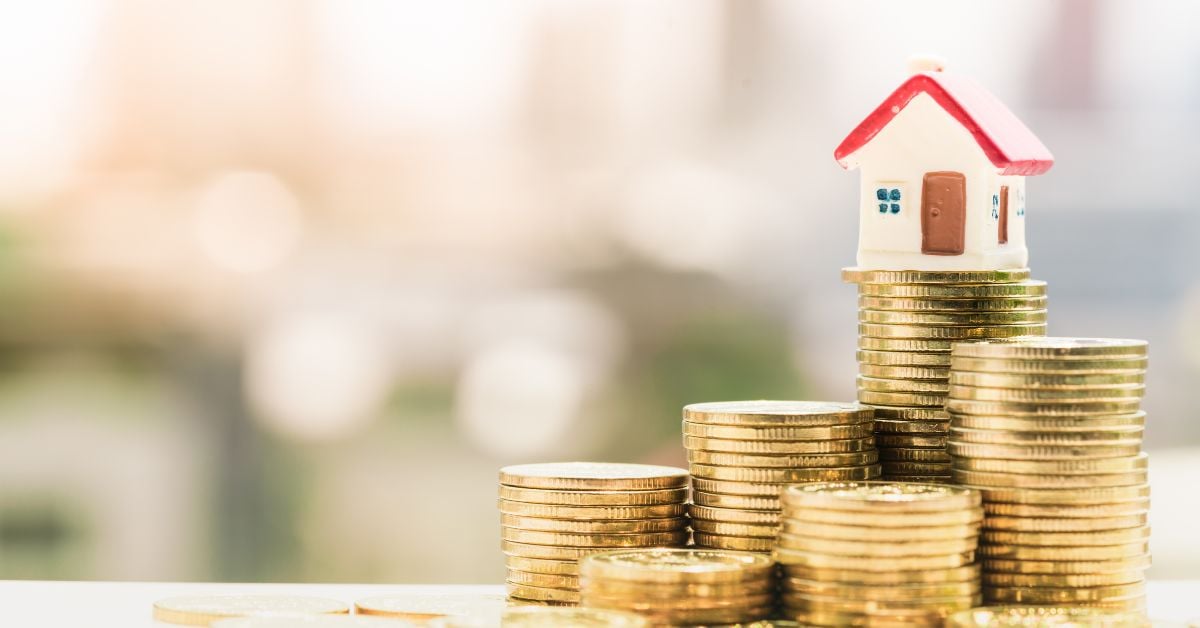Starting Your Journey as a Real Estate Investor

Investing in real estate can be a lucrative way to build wealth over time.
However, many people believe that it takes a lot of money to get started in this field. The truth is, you don't necessarily need a large sum of money to invest in real estate. You will need a strategy to reach your financial goals.
As a property owner, you may have the option to kickstart your investment portfolio by leveraging the equity in your current home. Alternatively, if you're new to the market, you could consider partnering with a family member or friend.
It's essential to be strategic with your spending and have a clear plan for your investment property. Consider your investment horizon and exit strategy in case of unforeseen circumstances that may require you to sell.
Keep in mind that rental income is not a guarantee, so it's crucial to choose a property that has a high potential to attract reliable tenants.
It's also essential to adopt an investor's mindset and not let emotions sway your decision-making process. Since you won't be living in the property, don't rush into any decisions without proper research and risk assessment.
Your real estate investment options
When it comes to investing in real estate, there are several options to consider. Some common options include:
Residential property - this includes buying and renting out homes or apartments to tenants.
Commercial property - this involves purchasing office buildings, warehouses, or other types of commercial properties.
REITs (Real Estate Investment Trusts) - these are investment funds that allow you to invest in real estate without owning physical property.
How much money do you need to invest in real estate?
The amount of money you need to get started will depend on the type of property you want, and the area. Generally, you will need a 40 percent deposit to secure a home loan. However, with lending rules regularly changing, there may be options for lower deposit loans.
Saving for an investment property while servicing a mortgage on your home and paying bills can be challenging. But there are ways to make it work and reach those goals.
Create a budget - start by tracking your expenses and creating a budget that includes your daily expenses, mortgage repayments, and savings goals.
Prioritise your savings - make saving for your investment property a priority and allocate a portion of your income towards it each month.
Consider ways to increase your income - look for ways to increase your income, such as taking on a second job, selling items you no longer need, or asking for a raise at work.
Reduce your expenses - look for ways to reduce your expenses, such as cutting back on non-essential items, subscription services, negotiating bills, or downsizing your home.
Another option is to use the equity you have built up from your home as a deposit.
Equity is the difference between the current value of your house and how much you owe on it. As you pay down your mortgage or as property value increases, so does your equity.
While you won’t be able to use all your equity, your bank will usually want you to leave at least 20 percent of the value of your property.
When deciding how much you can draw, your bank will also take into consideration things like your income and potential rental income.
How to start investing?
Here are some steps you can take to start investing in real estate:
Set your investment goals - determine what you want to achieve from your investment, whether it's capital gains or rental income.
Educate yourself - read books, attend seminars, and talk to experts in the field to gain knowledge and insights. Understand any tax implications, such as the bright-line test.
Start small - consider purchasing a small property as your first investment to learn the ropes.
Get pre-approved for a home loan - speak to your bank or a mortgage broker to get an idea of how much you can borrow.
Research the market - look for properties that fit your investment goals and budget.
When investing in real estate, there are many factors to consider. Here are some important things to keep in mind:
Location - the location of the property will play a significant role in its potential value and rental income.
Rental yield - the amount of rent you can charge relative to the property's value will determine your rental yield.
Capital growth potential - look for properties in areas with good potential for capital growth over time.
Maintenance costs - factor in the ongoing maintenance costs when calculating your return on investment.
Property management - consider whether you will manage the property yourself or hire a property manager.
What makes a good investment property?
A good investment property will meet the following criteria:
Positive cash flow - the rental income should be greater than the expenses, including the mortgage repayments, rates, insurance, and maintenance costs.
Good location - the property should be in an area with potential for capital growth and rental demand.
Low purchase price - a property that is undervalued or has the potential to add value through renovations can be a good investment.
Low maintenance costs - a property that is low maintenance can help maximise your return on investment.
Diverse tenant pool - a property that appeals to a diverse range of tenants can help minimise the risk of vacancies.
Before you go out and buy an investment property, make sure you do all your research. Know what you are getting into and understand your responsibilities.
Start by setting your investment goals, educating yourself, and researching the market. Look for properties that meet the criteria of a good investment, such as positive cash flow, good location, and low maintenance costs.
Remember to negotiate the purchase price and get pre-approved for a home loan. With careful planning and research, you can build wealth through real estate investing.
Share


